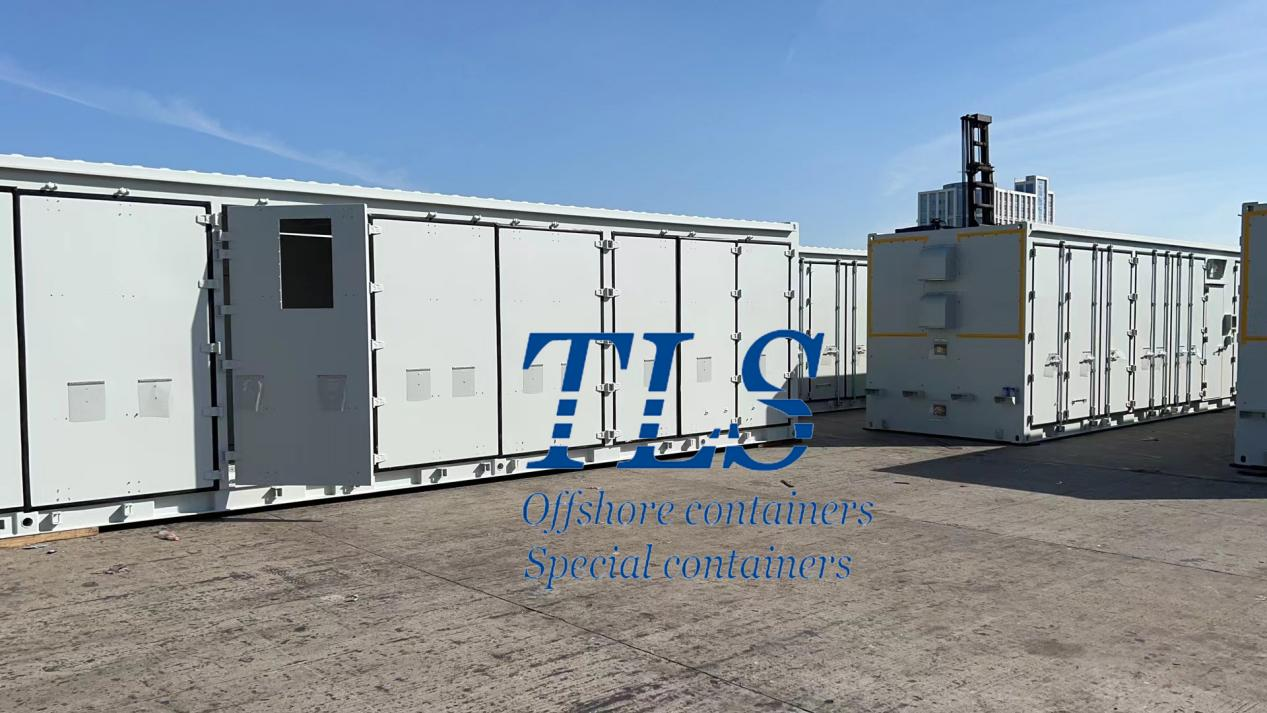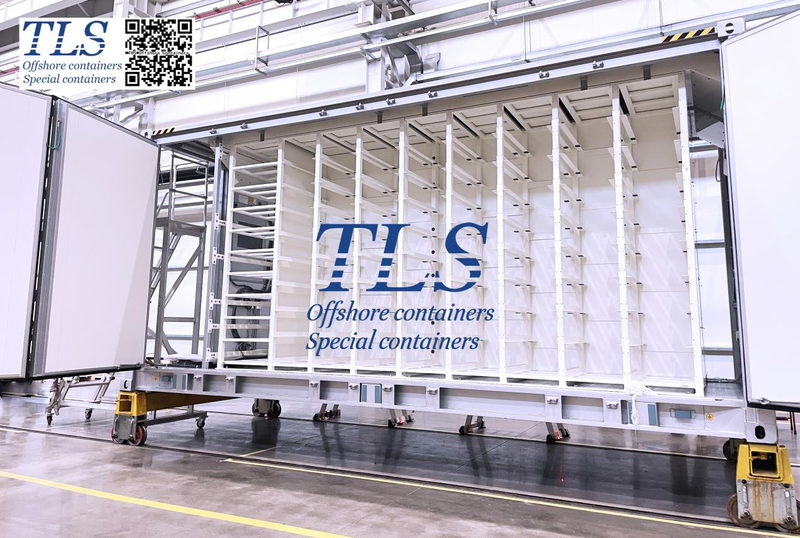Unlocking the Future: Key Technologies for Battery Energy Storage System (BESS) Integration1/26/2024
In the realm of modern energy systems, the integration of battery energy storage systems (BESS) stands as a pivotal technology, heralding advancements in smart grids, new energy generation, grid connections, and power load management. Among the various technologies driving this evolution, lithium-ion batteries emerge as the frontrunners, owing to their high energy density, minimal self-discharge rates, stable discharge voltages, and extended cycle lives. The widespread adoption of lithium-ion batteries underscores their indispensable role in large-scale power storage, marking a definitive trajectory in technological progress. However, the seamless integration and optimal operation of lithium-ion BESS demand a comprehensive approach encompassing efficient management, meticulous optimization, and rigorous control mechanisms. To this end, key technologies have been identified to ensure the safe, reliable, and enduring application of BESS within the energy landscape. 1. Advanced Battery Management Technology Central to the efficacy of BESS integration is the deployment of advanced battery management technology. This encompasses sophisticated algorithms and systems designed to monitor and regulate various aspects of battery performance, including charging rates, voltage levels, and overall health. By leveraging real-time data and predictive analytics, battery management technology optimizes battery usage, mitigates degradation, and safeguards against critical failures, thereby maximizing system efficiency and longevity. 2. Temperature Monitoring and Management Technology Temperature fluctuations exert a profound influence on battery performance and longevity. In the context of BESS integration, temperature monitoring and management technology assume paramount importance. Through the implementation of sensors and thermal regulation systems, BESS can effectively mitigate the adverse effects of temperature extremes, preventing overheating, thermal runaway, and other thermal-induced complications. By maintaining optimal operating temperatures, this technology enhances system reliability and minimizes the risk of thermal-related hazards. 3. State of Health (SOH) Monitoring Technology The ability to accurately assess the state of health (SOH) of battery systems is indispensable for ensuring long-term reliability and performance. SOH monitoring technology facilitates the continuous evaluation of battery condition, tracking parameters such as capacity degradation, internal resistance, and aging patterns. By proactively identifying signs of deterioration or inefficiency, SOH monitoring technology enables timely intervention, proactive maintenance, and strategic replacement strategies, thereby optimizing resource utilization and prolonging battery lifespan. 4. System Integration Technology At the core of BESS integration lies the imperative of seamless system integration. This encompasses the harmonious amalgamation of diverse components, subsystems, and interfaces to form a cohesive and interoperable system architecture. System integration technology encompasses a spectrum of disciplines, ranging from electrical and mechanical engineering to software development and automation. By fostering interoperability, scalability, and modularity, system integration technology ensures the holistic functionality of BESS, facilitating seamless communication, efficient operation, and streamlined maintenance protocols. Conclusion: In conclusion, the convergence of advanced technologies holds the key to unlocking the full potential of battery energy storage systems within the contemporary energy landscape. Through the judicious deployment of battery management, temperature monitoring, SOH assessment, and system integration technologies, stakeholders can realize the promise of large-scale power storage while ushering in a new era of sustainability, resilience, and energy autonomy. As the momentum towards renewable energy intensifies and the imperatives of grid modernization become increasingly pronounced, the role of BESS integration technologies assumes unparalleled significance, propelling the transition towards a more resilient, efficient, and sustainable energy ecosystem. TLS Offshore Containers / TLS Special Containers is a global supplier of standard and customised containerised solutions. Wherever you are in the world TLS can help you, please contact us. Regarding the Battery Energy Storage System (BESS) container, please download Energy Storage System (ESS) Containers brochure for reference. Key words: #Smart grid #Grid connection #Power load shifting #Valley filling #Battery management technology #Temperature monitoring #State of health (SOH) monitoring #System integration technology #Advanced algorithms #Predictive analytics #Thermal regulation #Overheating prevention #Thermal runaway #State of health assessment Written by OliverComments are closed.
|
Archives
July 2024
Categories
All
|
- Home
-
Containerised solutions
- Intelligent pressurised container | MUD logging cabin
- Battery energy storage system (BESS) container
- Flexible grid tied battery storage system
- Laboratory container | workshop container | Equipment containers
- Temporary refuge shelter | Toxic gas refuge | Safe haven
- Offshore accommodation cabin | office container
- Reefer container | Refrigerated container
- Intelligent waste water treatment container
- Fresh water generator container
- Cargo Containers
- Product photos & videos
- News & Blogs
- Contact us
|
Featured products
Intelligent pressurised container Temporary refuge (TR) shelter, toxic gas refuge (TGR) Battery energy storage system (BESS) container Containerised waste water treatment plant Fresh water generator container Reefer container Laboratory container, Workshop container Accommodation container Offshore closed container |
All Rights Reserved 2020 © TLS Offshore Containers / TLS Energy
|


